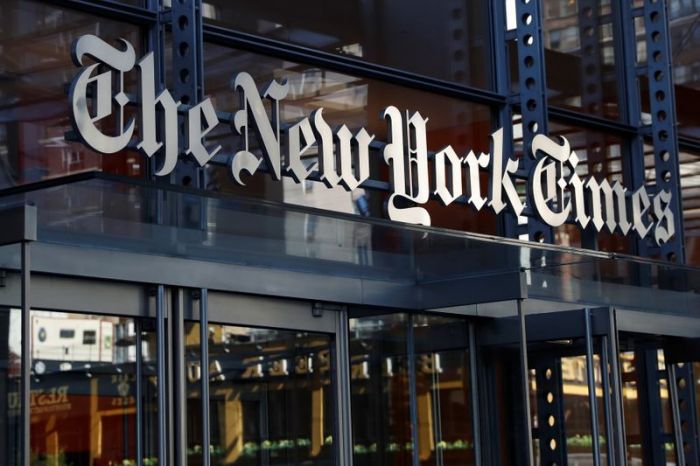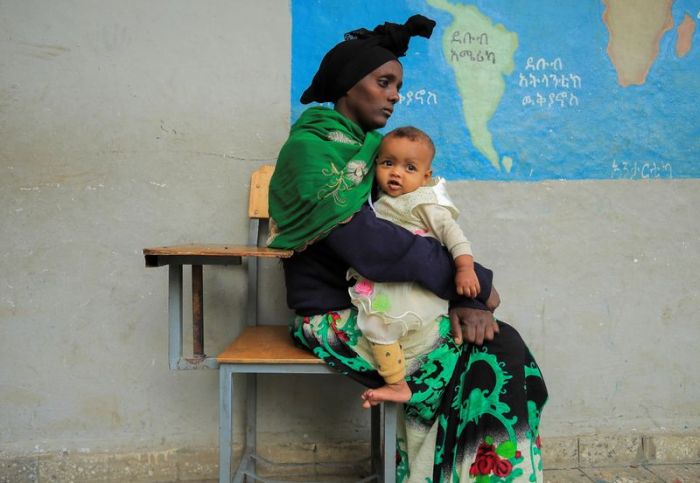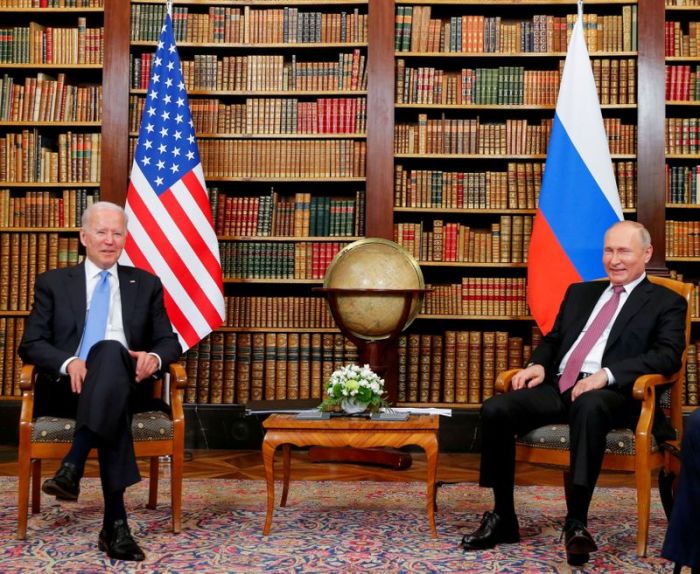(Reuters) -CVS Health Corp on Wednesday said its adjusted profit target for 2022 should largely meet Wall Street estimates, as it expects volatile medical costs in its health insurance unit to stabilize after the COVID-19 crisis drove them up this year.
Shares of the company, best-know for its drugstore chain, were up nearly 5%, as CVS also raised its 2021 profit forecast.
CVS now expects 2021 adjusted earnings per share of $7.90 to $8.00, up from its prior forecast of $7.70 to $7.80.
“We believe that current analyst estimates for 2022 adjusted EPS of approximately $8.20 are within our anticipated initial guidance range,” Chief Financial Officer Shawn Guertin told analysts on a conference call.
CVS in August https://reut.rs/3BBWfXf had hedged a bit on its long-term target for double digit earnings growth for 2022, pointing to uncertainty around medical costs and COVID-19 testing and vaccine demand.
CVS’s third-quarter profits were weighed down by higher medical costs in its Aetna insurance businesses due to the pandemic, CVS executives said on the call. However, that was offset by higher pharmacy sales, which have benefited from demand for COVID-19 vaccines and tests.
“For retail, we expect that COVID-19 vaccine and testing volume, which is expected to generate over $3 billion of revenue in 2021, will decline significantly in 2022 to 30% to 40% of the volume we administered in 2021,” Guertin said.
Rapid COVID-19 tests have been in short supply in the United States in recent months do to surging demand.
“We are working very closely with the suppliers to make sure that we continue to buy inventory and get it into our stores,” Chief Executive Karen Lynch said, adding that “we have a pretty good inventory.”
CVS reported a higher-than-expected medical benefit ratio of 85.8% due to COVID-19 treatment and testing costs. Those costs are expected to continue in the current quarter, but decline next year, CVS said.
Excluding items, the company earned $1.97 per share in the third quarter, above estimates of $1.78, according to IBES data from Refinitiv.
(Reporting by Manas Mishra and Amruta Khandekar in Bengaluru; additional reporting by Carl O’Donnell in New York; Editing by Sriraj Kalluvila and Bill Berkrot)

























